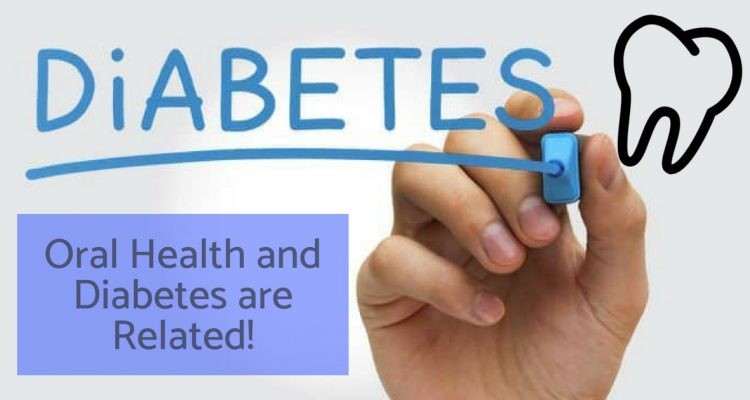A recent study suggests that a good oral hygiene could prevent you from diabetes. It showed that those who brush their teeth three times per day had an 8% lower risk, while the presence of dental disease augments it by 9%. Furthermore, it indicates that people missing more than 15 teeth have a diabetes risk increase of 21%. These are relatively high numbers that tell how important oral hygiene is. We spoke with dental and oral hygiene experts from Woodborough House Dental Practise in Reading and this is what they told us.
1. The Importance of Good Oral Hygiene
The study published by Diabetologia, journal of the European Association for the Study of Diabetes, clearly demonstrates that good dental hygiene can decrease the risk of developing diabetes. One thing which partly explains why, is that inflammation is one of the key elements in the development of diabetes. Periodontal disease causes inflammation, which in turn increases insulin resistance and endothelial dysfunction. This process can potentially lead to diabetes.
It's been shown in many other instances that bad oral hygiene can create various other health issues. A good example of that is the creation of tonsil stones. Someone who doesn't brush his teeth often enough will accumulate food particles inside his mouth as well as bacteria and mucus. These elements all together can form little white balls that stick to the tonsils area.
2. The Hypothesis and Results of the Study
The theory that scientists wanted to test was that periodontal disease and bad oral hygiene would be associated with a new occurrence of diabetes. To verify this hypothesis, the researchers studied data from 188,013 patients in Korea by gathering their information from the National Health Insurance System / Health Screening Cohort (NHIS-HEALS) relating to a three-year period (2003 to 2006). Ten years later, 31,545 of the subjects had developed diabetes for a total percentage of 16.8.
In order to make sure that the correlation between the hypothesis and the results were not influenced by outside factors, the team adjusted it by taking in account demographics, regularity in exercising, quantity of alcohol consumption, smoking status, vascular risk factors associated with the individual, history of malignancy and laboratory findings. In the end, these were the results:
-
Periodontal disease is positively associated with occurrence of new-onset diabetes
-
Number of missing teeth (over 15 teeth) is positively associated with occurrence of new-onset diabetes
-
A frequent tooth brushing (3 or more times per day) was negatively associated with occurrence of new-onset diabetes
The study also showed that the protection against the risk of developing diabetes, through good oral hygiene, was more important for adults below the age 51 than those older. When brushing three times per day, the younger ones reduced their risk by 14% while their elders did so only by half (7%).













![Sat-Nav in Space: Best Route Between Two Worlds Calculated Using 'Knot Theory' [Study]](https://1721181113.rsc.cdn77.org/data/thumbs/full/53194/258/146/50/40/sat-nav-in-space-best-route-between-two-worlds-calculated-using-knot-theory-study.png)

